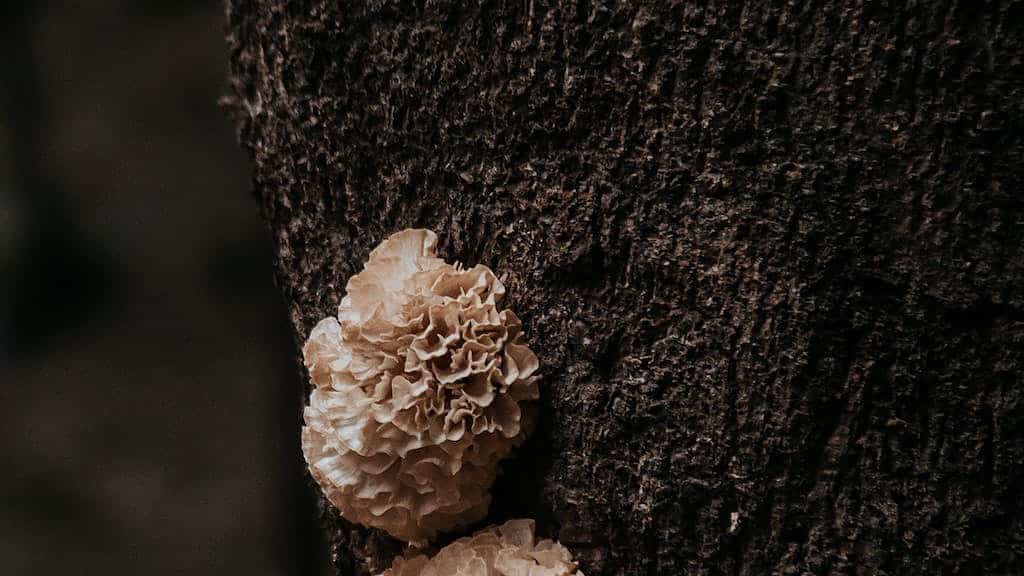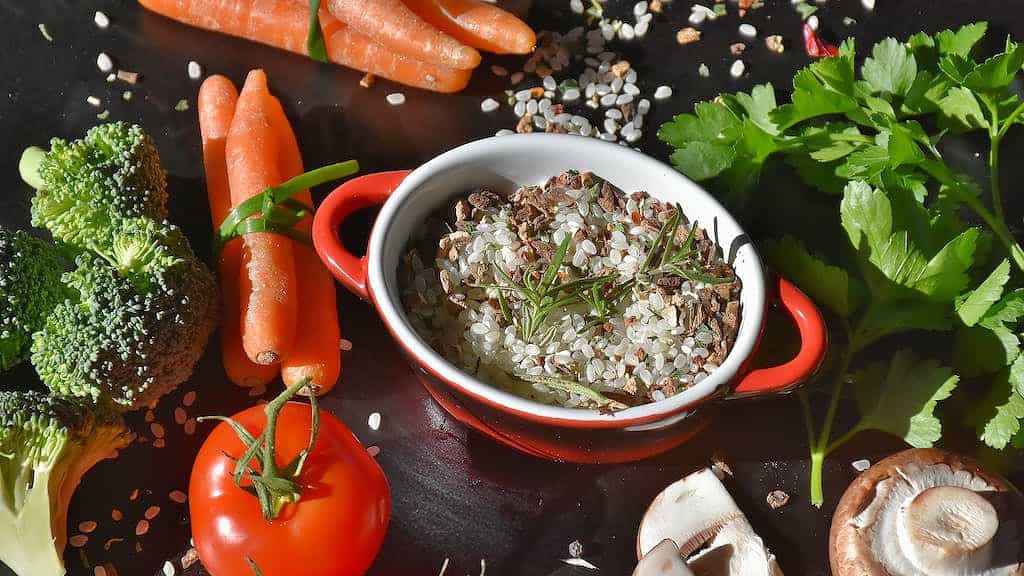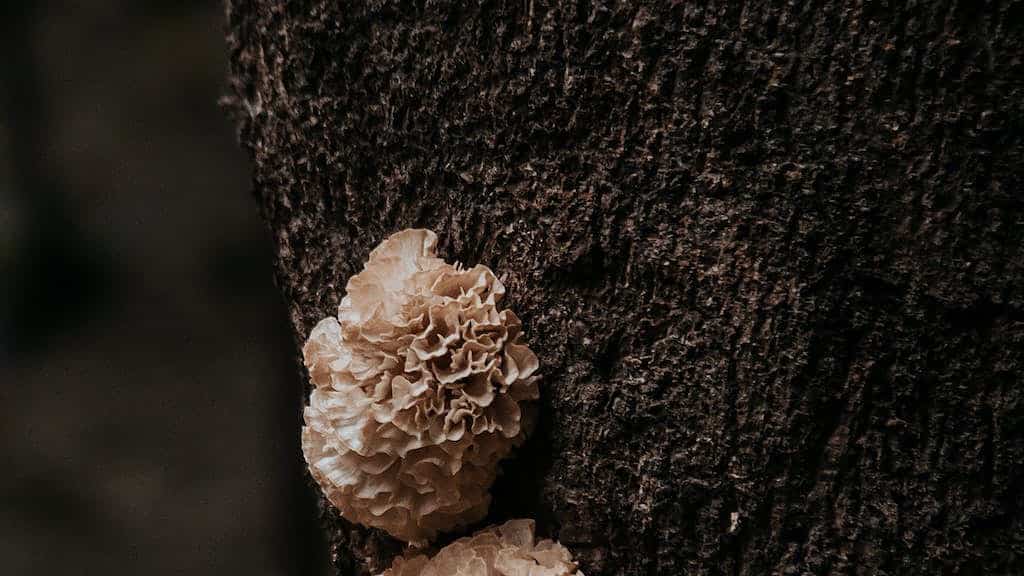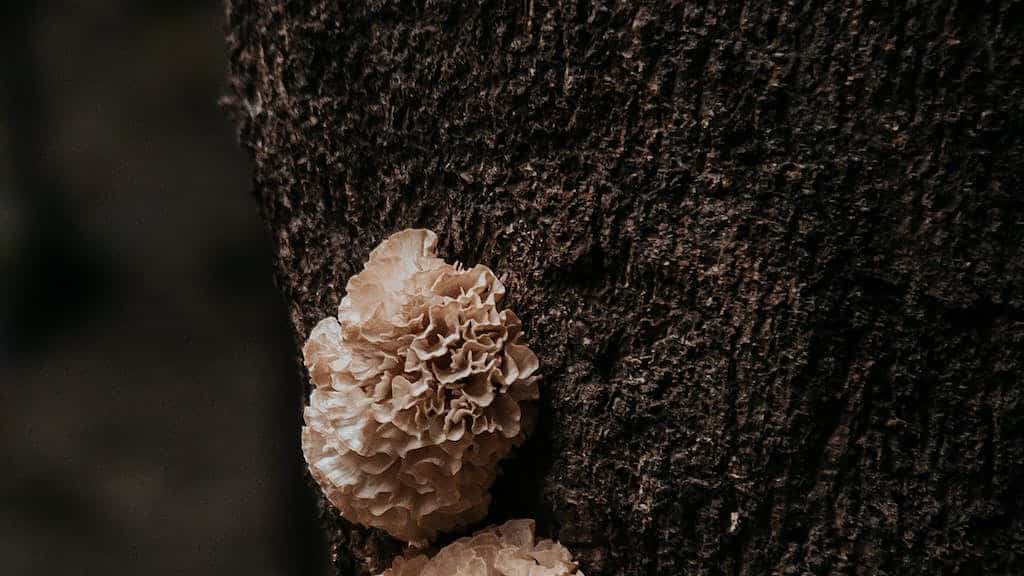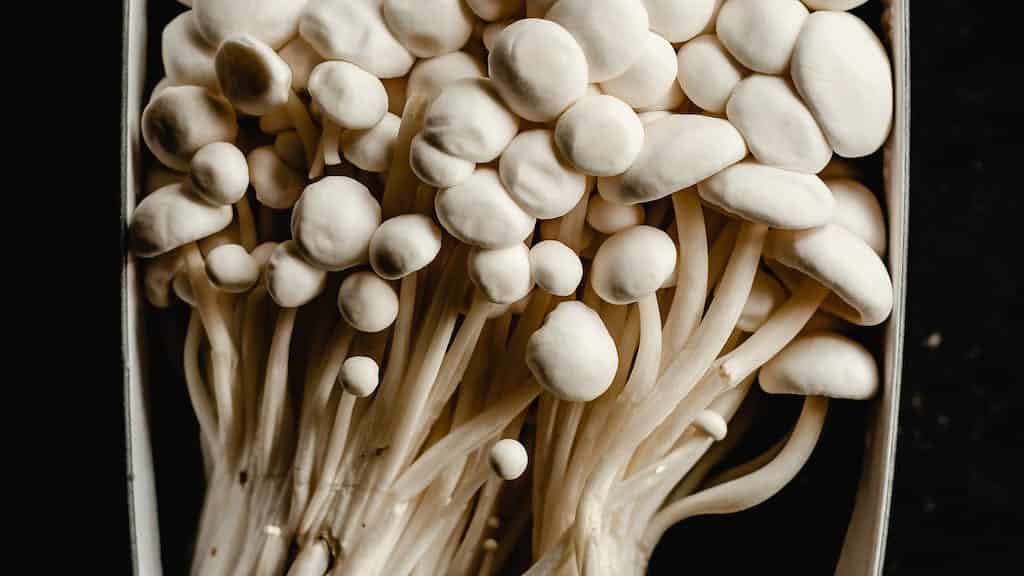Key Takeaways
- Mushrooms can be a nutritious addition to a dog’s diet.
- Not all mushrooms are safe for dogs to consume, and some can be toxic and harmful.
- Consult with a veterinarian before introducing mushrooms to your dog’s diet.
- Avoid feeding wild mushrooms to dogs as they can be poisonous.
- Introduce mushrooms gradually and in small quantities to monitor any adverse reactions.
- Cooking mushrooms thoroughly can help make them easier for dogs to digest.
- Avoid using seasonings or additives that may be harmful to dogs when preparing mushrooms.
- Monitor your dog for any signs of discomfort, digestive issues, or allergic reactions when feeding mushrooms.
- Every dog is unique, and what suits one may not be suitable for another, so it’s important to observe your dog’s response to mushrooms.
- When in doubt, always seek professional advice from a veterinarian.
Summary
Can dogs eat mushrooms? Yes, some mushrooms are safe for dogs to consume, but caution should always be exercised. This article explores which types of mushrooms are safe for dogs, provides tips on how to introduce mushrooms into their diet, and highlights the potential health benefits mushrooms can offer to our furry friends. It also discusses the dangers of toxic mushrooms and offers guidance on what to do if a dog ingests a poisonous variety. If you want to ensure the well-being of your canine companion and learn how mushrooms can be incorporated into their diet safely, this article is a must-read.

1. Safe Mushrooms for Dogs
Mushrooms can be a nutritious addition to your dog’s diet, but it’s crucial to know which types are safe for your furry friend. If you want to just try a dog-specific mushroom supplement then you can try something like “Shroomies” which is a mushroom compound made for dogs. Or you can prepare mushrooms yourself for your pup.
Some safe mushroom varieties that dogs can eat include:
- white button mushrooms
- portobello mushrooms
- shiitake mushrooms
- cremini mushrooms
However, it’s always recommended to introduce new foods slowly and in small quantities to prevent any adverse reactions.
When offering mushrooms to your dog, ensure they are cooked thoroughly to improve digestibility and eliminate any potential bacteria or toxins. Additionally, avoid seasoning mushrooms with garlic, onions, or any artificial additives as they are harmful to canines.
2. Poisonous Mushrooms to Avoid
While some mushrooms are safe for dogs, others can be highly toxic and even fatal when ingested. It’s essential to identify and remove any poisonous mushrooms from your dog’s environment to prevent accidental consumption.
Toxic mushrooms for dogs include:
- the amanita species (e.g., amanita phalloides)
- false morels
- certain wild mushrooms.
If you suspect your dog has eaten a toxic mushroom, it’s crucial to seek immediate veterinary assistance. Symptoms of mushroom poisoning in dogs may include vomiting, diarrhea, abdominal pain, tremors, seizures, and even organ failure.
3. Potential Health Benefits
Incorporating mushrooms into your dog’s diet can provide several potential health benefits. Mushrooms are a natural source of vitamins, minerals, and antioxidants that contribute to a strong immune system. They may also help regulate blood sugar levels and improve liver function.
Additionally, certain mushroom varieties contain compounds like beta-glucans, which have anti-inflammatory and anti-cancer properties. However, it’s important to note that mushrooms should not replace a balanced diet specially formulated for dogs, and consulting with a veterinarian is recommended.
4. Precautions and Moderation
While mushrooms can offer health benefits for dogs, it’s crucial to exercise caution and feed them in moderation. Each dog can react differently to new foods, including mushrooms. Therefore, it’s advisable to introduce mushrooms gradually and monitor your dog for any adverse reactions or digestive issues.
Remember that mushrooms should never be the primary component of your dog’s diet, but rather a supplement or occasional treat. Additionally, always consult your veterinarian before making any significant changes to your dog’s diet to ensure their specific nutritional needs are met.
5. Cooking Styles and Healthier Alternatives
When preparing mushrooms for your dog, cooking them thoroughly is crucial to improve digestibility and minimize any potential risks. Avoid using any added seasoning, as mentioned previously, and opt for simple cooking methods such as boiling, steaming, or baking.
If you prefer not to feed your dog mushrooms or want to provide alternative options, some fruits and vegetables can offer similar nutritional benefits. Examples include carrots, green beans, zucchini, and pumpkin—all great choices to add variety to your dog’s diet and promote optimal health.
Quick Recap
In summary, mushrooms can be a safe and healthy addition to your dog’s diet when you choose the appropriate varieties and prepare them properly. Safe mushrooms like white button, portobello, and shiitake can provide various nutrients and potential health benefits. Always feed mushrooms in moderation, cook them thoroughly, and avoid poisonous mushrooms. If you have any concerns or questions about feeding mushrooms to your dog, it’s best to consult with your veterinarian for personalized advice.
Recipes and Alternatives to mushrooms for dogs
Mushrooms can be a healthy addition to a dog’s diet, as long as they are safe and prepared properly. However, not all mushrooms are safe for dogs to eat, and some can be toxic. It is important to consult with a veterinarian before introducing mushrooms into your dog’s diet.
Here are some mushroom recipes that are safe for dogs:
- Mushroom and chicken stew
- Mushroom and beef meatballs
- Mushroom and sweet potato mash
If mushrooms are not recommended for your dog, there are plenty of other safe and nutritious foods you can include in their diet.
Here are some safe alternatives to mushrooms for dogs:
- Lean meats such as chicken, turkey, or beef
- Fish like salmon or sardines
- Vegetables such as carrots, peas, or green beans
- Fruits like apples, bananas, or blueberries
Frequently Asked Questions about Mushrooms Dogs Can Eat
Before we dive into the FAQ, a little-known fun fact for you, the Lagotto Romagnolo dog breed is the only breed specifically bred to hunt truffles and mushrooms.
What mushrooms should I feed my dog?
Let’s stick with the mushrooms you find in grocery stores for now. When considering store-bought mushrooms for your dog, opt for varieties such as white button or cremini mushrooms that are safe for canine consumption. Remember that moderation is key here – only offer small amounts of cooked mushrooms as an occasional treat rather than making them a regular part of your pup’s diet. If you have any concerns about feeding specific types of mushrooms to your dog, we advise reaching out to your veterinarian for professional guidance. They’ll be able to provide personalized advice based on your dog’s unique needs and health history.
Are any mushrooms safe for dogs?
Some mushrooms, such as those found in certain dog-friendly commercial products, may be safe for dogs. In fact, there are even doggy supplements such as mushroom compounds called “Shroomies”. However, it is crucial to remember that even non-toxic mushrooms can cause digestive issues or allergic reactions in some dogs. To ensure the safety of your four-legged companion, always consult with a veterinarian before incorporating any type of mushroom into their diet.
What are the risks of feeding mushrooms to dogs?
Feeding mushrooms, especially wild ones, to dogs can pose several risks. Some mushrooms are highly toxic and can lead to severe organ damage or even be fatal if ingested in sufficient quantities. Even non-toxic mushrooms can cause digestive upset, including vomiting, diarrhea, or abdominal pain. It is crucial to seek immediate veterinary assistance if you suspect your dog has ingested any type of mushroom.
Can dogs be vegetarian or vegan?
Yes, dogs can technically be vegetarian or vegan, but it requires careful planning and consideration. Dogs are primarily carnivores, so their bodies are designed to thrive on a meat-based diet. However, with the right balance of plant-based proteins and other essential nutrients, it is possible for them to follow a vegetarian or vegan lifestyle. If you’re considering this for your dog, it’s important to consult with a veterinarian or an animal nutritionist who can guide you in providing all the necessary nutrients they need. Special attention should be given to ensuring that they get enough protein from alternative sources like legumes and grains. Remember that every dog is unique, so what works for one may not work for another. Ultimately, the health and well-being of your furry friend should always be the top priority!
Can dogs develop allergies to mushrooms?
In reality, dogs, like humans, can develop allergies to certain foods, including mushrooms. Allergic reactions may vary in intensity, ranging from mild itching to more severe symptoms like difficulty breathing or anaphylaxis. If you suspect your dog has developed a mushroom allergy, promptly consult with a veterinarian for diagnosis and guidance.
Disclaimer
The information provided in this FAQ is purely informational and should not be considered professional veterinary advice. Always consult with a qualified veterinarian before making any decisions regarding your pet’s diet or health.
Conclusion
In conclusion, it is important to be cautious when feeding mushrooms to dogs. While some mushrooms are safe for dogs to consume, many can be highly toxic and even deadly. It is crucial to consult with a veterinarian before introducing any new food into your dog’s diet, including mushrooms. If you suspect your dog has ingested mushrooms or shows signs of mushroom poisoning such as vomiting, diarrhea, or lethargy, seek immediate veterinary care. Remember to always prioritize your pet’s health and well-being by providing a balanced and appropriate diet. It is better to be safe than sorry when it comes to feeding mushrooms to dogs.
📚 Sources:
